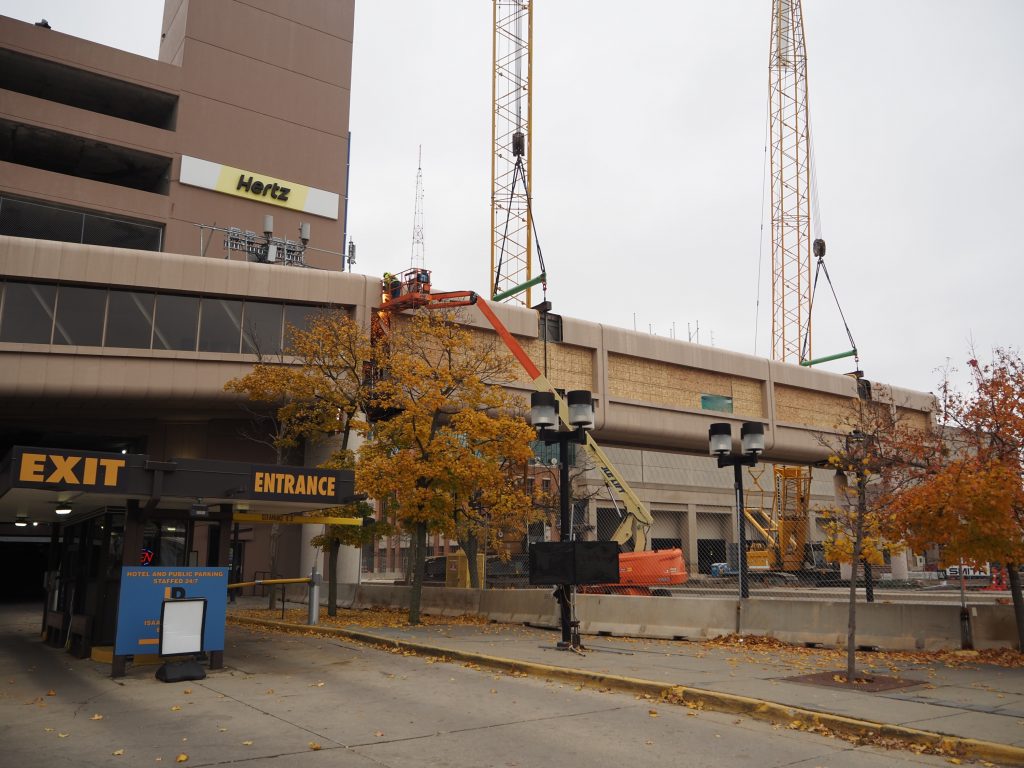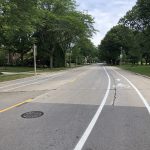Congress Should Renew Workforce Innovation Act
Program helps groups like Wisconsin Regional Training Partnership create tomorrow’s workforce.
The U.S. House of Representatives recently met to consider the reauthorization of the Workforce Innovation and Opportunity Act (WIOA).* This landmark legislation, signed into law in 2014, is designed to help job seekers access employment, education, training, and support services. Ultimately, WIOA assists workers and youth succeed in the workforce by accessing quality jobs. Congress passed WIOA in 2014 with wide bipartisan majority. The WIOA Act of 2022 was introduced by House Education and Labor Committee Chairman Bobby Scott (D-Va.) and passed on a party line vote after lengthy partisan discussion. Traditionally, workforce programs have enjoyed bipartisan support, however the reauthorization of WIOA 2022 is not guaranteed.
The reauthorization of WIOA would fully fund workforce programs across the country, leveraging $74 billion over six years. This would allow the workforce system to serve around one million workers per year by 2028.
At WRTP | BIG STEP, this has a real potential impact: it assists Tanya with her math tutoring to pass the test to become an apprentice and work on the Wisconsin Center Expansion in downtown Milwaukee; it provides work boots and tools to Dante so he is ready for his first day of work at the Horlick project in Racine; it funds Keisha, a senior at Madison public schools, to participate in a youth apprenticeship so she can earn as she learns. In short, it supports thousands of people, learners, workers that walk through our training facility each and every day to obtain family-sustaining waged careers.
The support of WIOA reauthorization also addresses the needs of employers by building a skilled talent pipeline that is ready to work. It connects workers and high-road employers and expands the diversity of our workforce by supporting traditionally disenfranchised folks and youth as they gain and use labor market ready skills.
Specifically, there are a four sections in the WIOA authorization that are crucial to WRTP | BIG STEP expanding and executing on our services. These include:
- Eligible Youth: It is time to amend the definition of eligible youth. Right now, we must apply for a waiver for In-School and Out-of-School Youth to provide services; this process is both time-intensive and cumbersome. With a single definition (and allowing for self-attestation), we could streamline the eligibility process and serve youth who do not have access to their documentation (which disproportionately affects BIPOC populations), which would, in turn, allow us to serve more youth who otherwise would not have access to important workforce services.
- ETPL Expansion: We need clear guidelines and performance indicators for online education/training providers on Eligible Training Partner Lists and industry and sector partnerships that lead to recognized credentials so we can efficiently and effectively tailor programs to meet the maximum amount of need.
- Job Quality: We must focus on developing new performance measures around job quality. Programs like ours are dedicated to assisting people in obtaining family-sustaining waged jobs that are safe. If we do not have performance measure around these indicators, we will continue to witness predatory “job training programs” funnel already vulnerable people into unsafe and low-paying jobs.
- Reentry Employment Opportunities: We need to include digital literacy under the allowable activities for grants, as we are encountering more reentry participants who need these skills to apply for benefits, programs, training, and ultimately jobs/careers. After not having access to many forms of digital tools, this population will continue to be left behind if we don’t also have grant funding to teach digital literacy as part of workforce development.
We have the opportunity to make lasting changes in our workforce development systems by investing in modern, flexible, and inclusive programs that get results. At WRTP | BIG STEP we experience the difference work and careers make in the lives of folks in our Wisconsin communities. If we value a hard day’s work, it’s time to do the work to reauthorize WIOA to ensure generations to come have the opportunity to value that same workday.
*On May 18,2022, the House of Representatives passed a reauthorization of the WIOA by a vote of 220 to 196; if passed by the Senate and signed into law by President Joe Biden, it will replace the current WIOA law of 2014. It is unlikely to be brought to the Senate this year but could serve as a blueprint for the next Congress to consider.
Lindsay Blumer, President & CEO, WRTP | BIG STEP
Op-Ed
-
Unlocking Milwaukee’s Potential Through Smart Zoning Reform
 Jul 5th, 2024 by Ariam Kesete
Jul 5th, 2024 by Ariam Kesete
-
We Energies’ Natural Gas Plans Are A Mistake
 Jun 28th, 2024 by John Imes
Jun 28th, 2024 by John Imes
-
Milwaukee Needs New Kind of School Board
 Jun 26th, 2024 by Jordan Morales
Jun 26th, 2024 by Jordan Morales





















